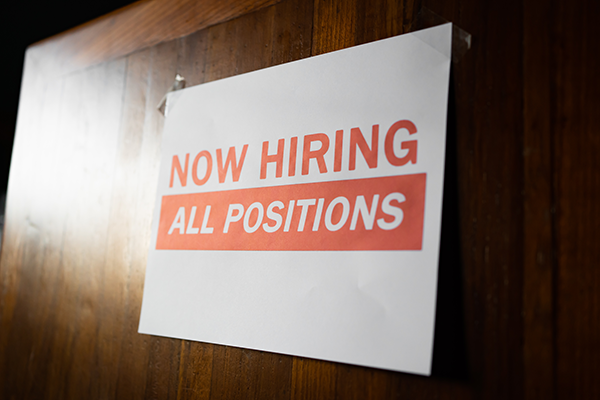Southern California is experiencing a significant shortage of mental health providers, mirroring a broader statewide crisis. For nonprofits serving vulnerable communities, this shortage isn’t just a staffing issue — It’s a public health emergency that affects access, equity, and long-term community resilience.
Scope of the Shortage
- Statewide Deficit: California is projected to have 41% fewer psychiatrists and 11% fewer psychologists, licensed marriage and family therapists (LMFTs), licensed professional clinical counselors (LPCCs), and licensed clinical social workers (LCSWs) than needed by 2028.
- Medi-Cal Impact: The shortage is particularly acute within Medi-Cal, where low reimbursement rates and administrative burdens deter providers from participating.
- Geographic Disparities: While rural areas face the most severe shortages, urban regions like Los Angeles and San Diego also struggle with insufficient provider-to-patient ratios—especially in low-income and immigrant communities.
Why Is This Happening?
- Workforce Attrition: An aging provider population and high burnout rates are pushing mental health professionals out of the field.
- Training Pipeline Gaps: Not enough professionals are entering the field. Universities and clinical training programs have limited capacity, especially in high-demand specialties like trauma-informed care.
- Economic Disincentives: Low Medi-Cal reimbursement rates and complex billing systems make it financially challenging for providers to work in underserved areas.
Institutional and Systemic Pressures
- Strained Healthcare Systems: Facilities like Kaiser Permanente have faced strikes by mental health workers citing excessive caseloads, long waitlists, and inadequate staffing—symptoms of a broken pipeline.
- Nonprofit Clinics Overloaded: Community-based organizations and federally qualified health centers (FQHCs) are doing their best to fill the gap but face their own funding and hiring challenges.
Efforts to Ease Shortage
- Legislative Investments: California has proposed a $6.4 billion bond to expand behavioral health housing and services, along with a $2.4 billion plan to train 65,000 new mental health workers over five years.
- University Partnerships: Schools like UCLA, UC Irvine, UCSF, and UC Davis are collaborating to train new psychiatric nurse practitioners. The goal: prepare 300 new professionals by 2026.
Why It Matters for Nonprofits and Job Seekers
For nonprofits, hiring a licensed therapist or counselor has become more competitive—and often more expensive. Staff burnout is real, and waitlists for services continue to grow. Meanwhile, job seekers entering the mental health field have opportunities, but face licensing delays, limited supervision slots, and cost barriers.
If you’re a nonprofit:
- Consider hiring early-career clinicians under supervision
- Advocate for policy change in reimbursement and workforce development
- Collaborate regionally to share training resources and staff
If you’re a job seeker:
- Explore career pathways in community mental health
- Look into loan forgiveness or stipends tied to service in underserved areas
- Stay informed about new training and licensing programs in California
SoCal Nonprofits With Ongoing Opportunities for Mental Health Professionals
Final Takeaway
The mental health workforce shortage isn’t just a problem, it’s a systems issue. Addressing it will require combined efforts from state lawmakers, universities, nonprofits, and communities. Until then, Southern California’s nonprofit sector will continue to lead on the front lines while stretching limited resources to meet the rising needs.




